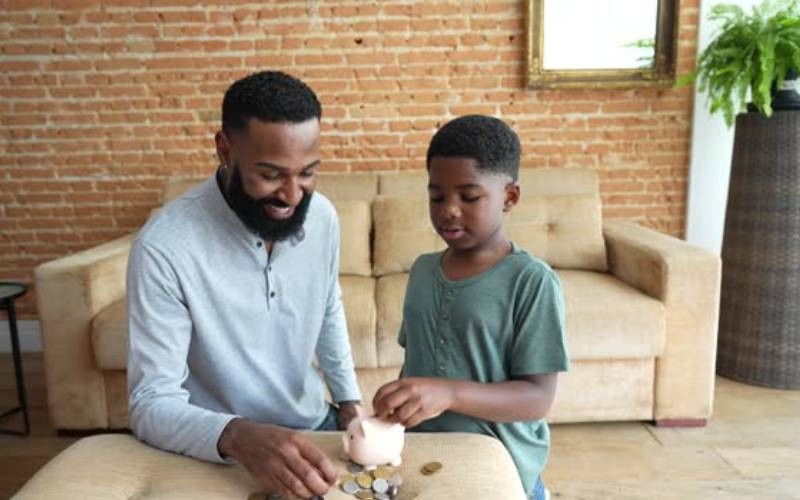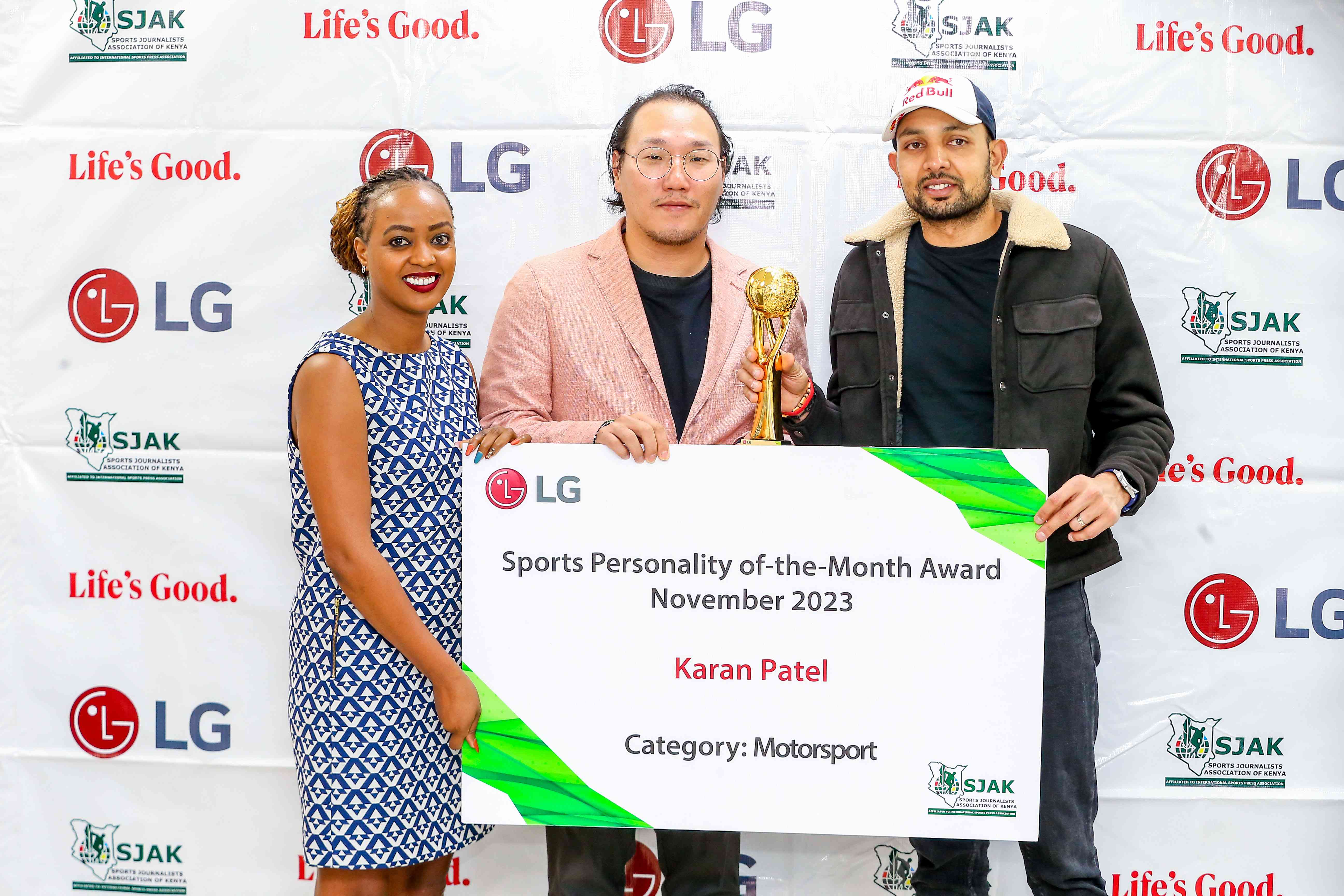By Benson Riungu
I have lately attended a number of funerals, which have once again brought home the matter of man’s mortality, and the troubling question of my own preparation for the hereafter — or more correctly, lack thereof.
For a while at least, each burial service has been a wake-up call for me to urgently repair relations with my maker by way of heeding the call of the presiding clergyman or woman to mend my ways and follow the straight and narrow path.
I suppose this involves spending less time on Sunday mornings ‘lying in state’, that is nursing a hangover in bed, and more attending church service. It would also include going slow on the many vices my sainted mother used to constantly wail about, such as drinking, smoking and lusting after women other than my wife.
Considering the amount of psalm singing, praying and kneeling that takes place during these funeral services as we beseech the Lord on behalf of the departed, I consider it rather unfair that people should be required to make all those other sacrifices while they live.
But then, it would appear that the clergy itself is sharply divided on the redemptive value of last sacraments. According to one priest, all the singling, psalm singing and praying once people die is of no use to them in the hereafter. What matters is what you do when alive; upon death, the die is cast.
At least, that was the sobering message from the priest who conducted the post-funeral service for my friend Brian Tetley at All Saints Cathedral in 1996. Brian died in a plane crash in the Indian Ocean, hours after an Ethiopian Airlines aircraft was hijacked upon take-off in Addis Ababa. The damning words were prompted by the colourful accounts of Brian’s life by friends and colleagues.
PHARAOH-LIKE BURIAL
A particularly riveting account was by Duncan Willets, the well-known photojournalist who, besides being a bosom friend, had, alongside Mohamed Amin, teamed up with Brian to produce the internationally well-received ‘Journey through…’ book series.
During a brief graveside service at Lang’ata Cemetery, Duncan had called me aside and said that besides the body of our friend, two bottles of White Cap beer were in the coffin, and would be accompanying Brian into the grave.
This pharaoh-like burial, Duncan explained when his chance came to eulogise his old teammate, was informed by an incident when they went up Mt Kenya to shoot photos for an upcoming book, Journey Through Kenya.
Going up from the Nanyuki side, the climbing team was good progress up the mountain and were in the upper reaches when it was noticed that Brian was not among those present. After waiting for a while, everyone was getting a bit worried when the missing man came lumbering up, clearly out of breath.
In each hand was a bottle of White Cap, with which, he explained in answer to the climbing team’s raised eyebrows, he planned to celebrate once they made it to Point Lenana. To Duncan’s knowledge, it was the first time anyone had thought of celebrating scaling Mt Kenya with cold beer.
This was by no means the only eulogy that day that seemed calculated to bring a scowl of disapproval from clergymen. Other speakers recalled the life of a man who gave selflessly of his time and money to nightclubs, contributed immensely to making East African Breweries the commercial powerhouse it is today, and was so generous with his passions that his ‘wives’ were legion in Nairobi and beyond.
The presiding priest was clearly not amused, and explained after the eulogies that funeral prayers are not actually intended to save people’s souls posthumously, but are for the living. That is a contentious point I would have taken up with the priest after the service if my mind had not been so focused on the drinks that were awaiting at a wake we had organised somewhere in town.
Stay informed. Subscribe to our newsletter
Still, one must wonder why then we have to go through the trouble of all that psalm singing, praying and kneeling to no avail.
 The Standard Group Plc is a
multi-media organization with investments in media platforms spanning newspaper
print operations, television, radio broadcasting, digital and online services. The
Standard Group is recognized as a leading multi-media house in Kenya with a key
influence in matters of national and international interest.
The Standard Group Plc is a
multi-media organization with investments in media platforms spanning newspaper
print operations, television, radio broadcasting, digital and online services. The
Standard Group is recognized as a leading multi-media house in Kenya with a key
influence in matters of national and international interest.
 The Standard Group Plc is a
multi-media organization with investments in media platforms spanning newspaper
print operations, television, radio broadcasting, digital and online services. The
Standard Group is recognized as a leading multi-media house in Kenya with a key
influence in matters of national and international interest.
The Standard Group Plc is a
multi-media organization with investments in media platforms spanning newspaper
print operations, television, radio broadcasting, digital and online services. The
Standard Group is recognized as a leading multi-media house in Kenya with a key
influence in matters of national and international interest.










